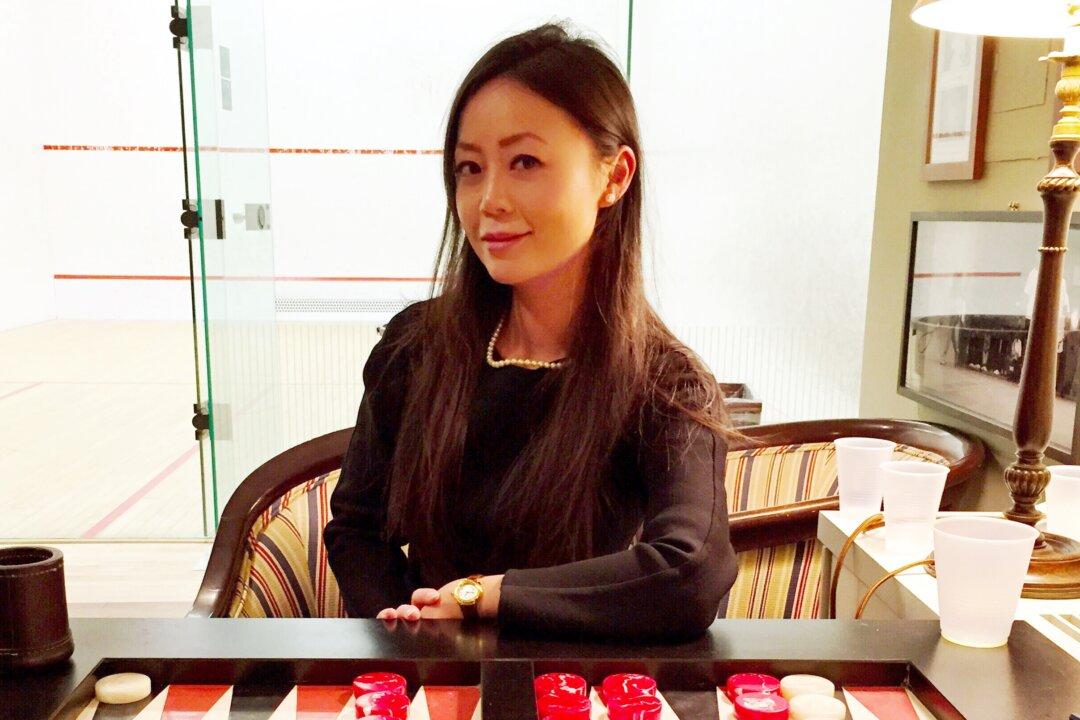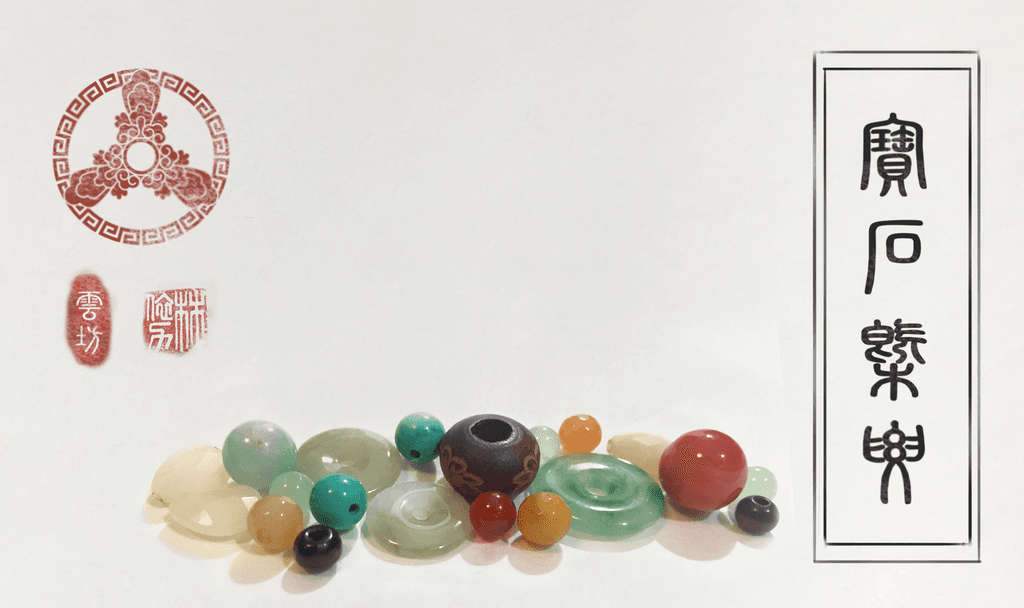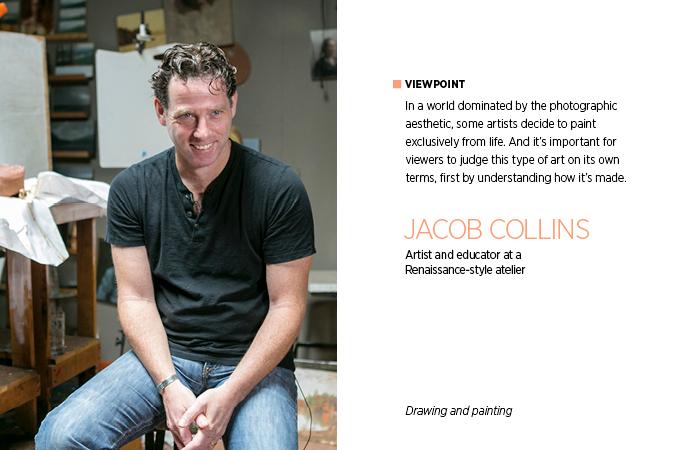It was the night of Superstorm Sandy, and a broken construction crane was one strong gust away from threatening the safety of anyone on 57th Street in Manhattan. Despite an official city mandate for New Yorkers to stay home, Nina Cheng and her colleagues were ordered by their manager to remain at work. They were working for a private equity firm under a man who regularly doled out verbal abuse and threw things.
After this experience, Cheng quit. Two of her former colleagues needed PTSD therapy. Today she is CEO of hiho.co, a new job search and employer branding platform that, when the site goes live next year, will allow users to find employers on a variety of metrics beyond position, location, and salary. Hiho caters to young professionals (and older ones too) looking to find employers suited to their lifestyle preferences and personal values.
In the unabridged audio interview, Cheng tells the story of joining the financial sector during the financial crisis of 2007–2008, how hiho hopes to rectify broken relationships between employers and employees, and shares some surprising advice on assessing your work preferences.
Epoch Times: When you were straight out of college, applying for jobs online 8 hours a day, how did the process strike you?
Nina Cheng: I was on every possible job search site across multiple industries—Monster, Indeed, and other industry-specific sites. It was frustrating and surprising for me that no job got back to me. I couldn’t tell what the companies were like, either. I was blindly applying for jobs hoping someone would be interested in me. A lot of priorities when you’re young center on income and prestige, and you aren’t necessarily aware of other priorities, like work–life balance and personal values.
Epoch Times: Hiho’s tagline is that employee happiness is a human right. What do you think needs to happen on a macro scale for that to be reality?
Ms. Cheng: Our vision is that no one should have to be unhappy in their job, to attribute a lot of their life’s unhappiness to their work. Especially for the older generation, there’s still this perception that you should be unhappy at work, that a job is for putting food on the table. People in their 20s and 30s have turned their backs on that, especially in the United States, but places around the world have a long way to go before it’s a cultural phenomenon. At hiho we’re starting with shifting individual mindsets.
Job seekers have the power in the current economy to make decisions that make them happier. Workplace happiness benefits corporations as well; if people are happy, they’re more productive and there’s less turnover.





